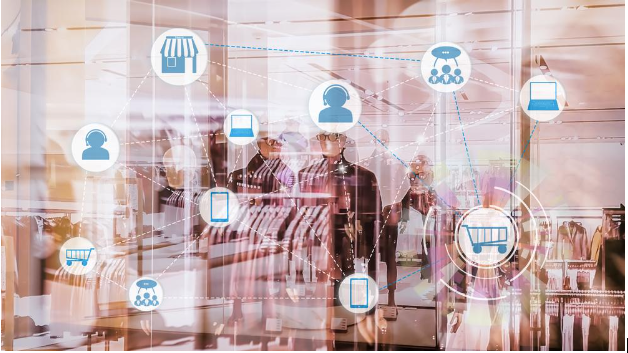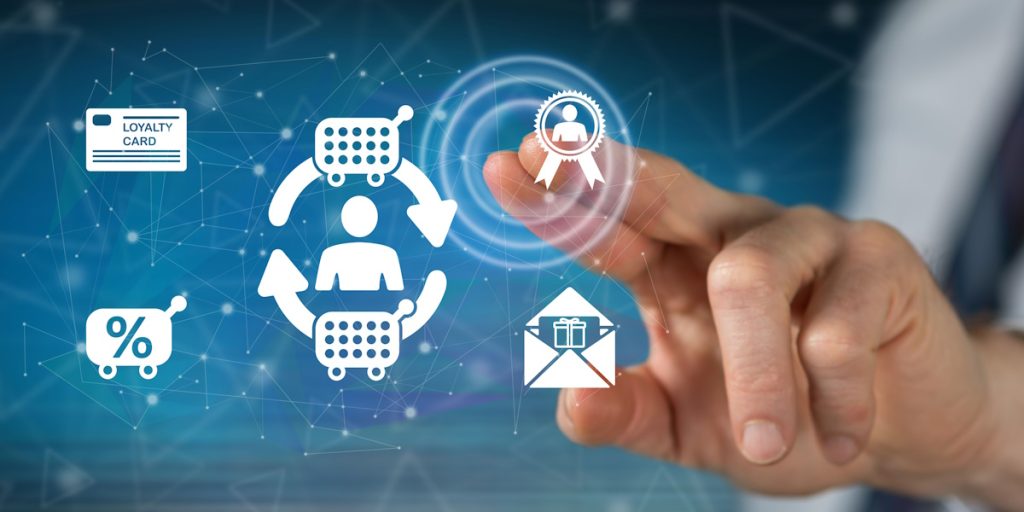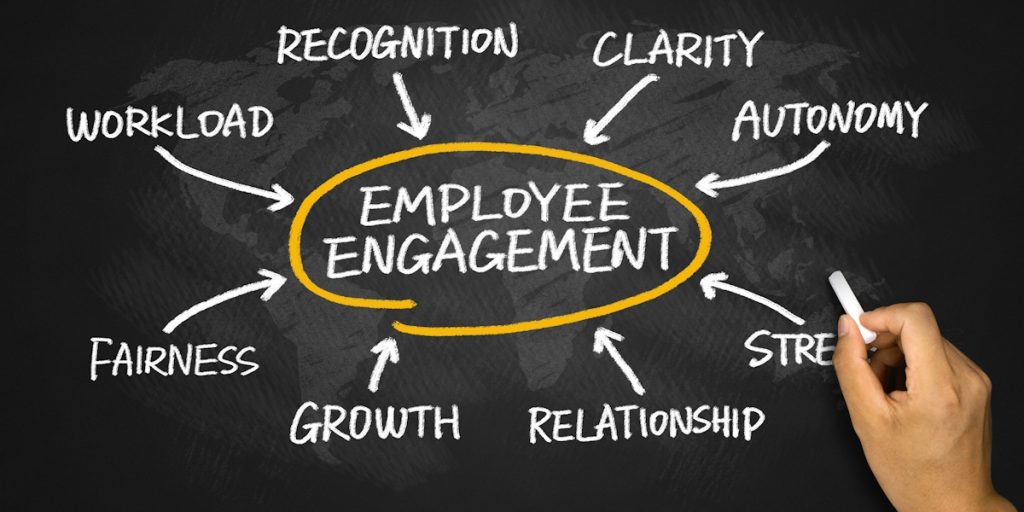Loyalty in the B2B industry is not just a buzzword. Instead, it’s a very pivotal strategy for strengthening B2B Client Bonds.
Why?
Because when businesses commit to fostering loyal relationships, they lay the groundwork for sustainable growth and long-term success.
This goes beyond the realm of simple transactions but is about building a foundation of mutual benefit and trust.
With this blog, we go deep into the world of “B2B Client Bonds,” explaining what they are, the mechanics that make for successful B2B loyalty programs, and how to strengthen these very important relationships.
Are you ready to change how you connect with your business clients? Let’s begin!
Understanding B2B Client Bonds
“B2B Client Bonds” are intricate, strategic relationships that your business develops with your clients. They are a critical element since, in general, they define the bottom line and direction of the success of the firm.
Better customer retention at lower costs equates to stronger client relationships than new client gain.
On the plus side, these loyal customers are the gold. Not only do they buy more, but they also tend to become champions of your brand, which reduces the need and cost for acquiring new clients.
Also, their feedback could be very valuable for refining your product or service offerings.
Types of Loyalty Programs for Stronger B2B Client Bonds
B2B loyalty programs can be implemented in various forms; all of their features aim at retaining customers and developing their activity. Let’s consider some popular types thereof.
Points Programs:
This model of a program—Points—enables earning not only for purchase but also for actions: referrals, attending webinars, etc. This system fosters further involvement. When the B2B client bonds strengthen, lifetime value grows organically within a tighter relationship.
Tiered and Cashback Programs:
In a tiered program, the more clients use it, the more they benefit. Cashback programs provide direct rewards to purchases, thereby creating tangible incentives for someone to continue doing business with you.
Experiential and Partner Programs:
Besides special experiences and perks, you can have experiences that create unique value in your offerings. Partnership with other businesses is also one amazing way to extend the benefits that you provide to add more value to the client’s relationship.
Building Stronger Client Relationships
Here are 3 ways you can integrate into your B2B loyalty processes:
- Use Data and Insights to Personalize Customer Interaction:
Leveraging data helps you in crafting your interactions to meet the specific needs and preferences of your clients. It make your solutions more relevant which will help the B2B relationships grow stronger too.
- Know Your B2B Customers:
In order to truly serve your clients, you need a deep understanding of their industries, challenges, and goals. This isn’t about selling; it’s about solving problems.
- Anticipate Needs to Build Proactive Solutions:
Anticipating what your client will need in the future makes your business a considerate partner; it positions your business as an indispensable participant in your clients’ success.
How to Enhance B2B Client Bonds for Sustainability?
Engage with your clients beyond the sale. Personalized content, regular updates, and responsive communication serve to keep your clients committed and satisfied.
The business world is moving fast, and to show that you can move with those changes to your client’s needs maintains strong, relevant bonds. A commitment to the client’s success cements trust in the partnership. It’s about proving their success is your priority.
The Role of Emotional Intelligence (EI) in Building B2B Customer Loyalty
EI in B2B means being in touch and in control of your emotions and those of your clients in order to forge better relations.
Strong emotional intelligence will build deeper connections because it contributes to an improvement in the way we communicate with our clients and empathize with them.
Practical EI Strategies to Integrate in B2B Customer:
- Active Listening: Listen to understand, not to respond. This builds trust and clarity.
- Empathy Training: Helps in truly understanding client needs and hence tailoring your approach.
- Emotional Awareness in Communication: Immediately adjust the mode of communication to resonate with the current emotional state of your clients. It will help you build and maintain productive B2B client relationships.
How Do Client Bonds Improve Business Sustainability?
Stronger client bonds are considered vital for sustainable business, as such bonds create lifelong relationships. This ensures regular revenue intake and a decrease in the cost of acquiring new clients.
As per reports, Bain & Company reports that a mere 5% increase in customer retention rate will see business profits increase by 25% to 95%. This statistic ultimately shows the type of impact loyal customers have on the bottom line of a business.
Case Study: How Adobe Moved to Recurring Services
One very strong example of how strong customer relationships can lead to more sustainability is Adobe. It moved away from the one-time sale of perpetual software licenses to a recurring subscription model. This switch made the revenue streams stable for Adobe, leading to a more predictable and sustainable business model.
With long-term relationships at their core, rather than focusing on single transactions, they saw customer retention rates for Adobe increase.
Consequently, their Annual Recurring Revenue grew significantly, with reports showing a leap from $200 million in 2011 to $5.72 billion in 2017.
Moreover, deep client bonds often lead to enhanced customer satisfaction, which can translate into numerous business benefits, including the following:
1. Lower Marketing Costs: Satisfied clients are more likely to become brand evangelists, which means that one doesn’t have to invest in very expensive marketing campaigns.
2. Improved Feedback Loops: The ongoing relationship creates a continuous loop of feedback that not only helps the companies make their offering better but also resolve the issues on time to maintain high customer satisfaction.
3. Better Cross-Selling Opportunities: Stronger relationships ensure that businesses can cross-sell their other offerings to an already engaged audience. It, thereby, helps in expanding their market efficiently.
Conclusion
All in all, reinforcement of B2B client bonds is not only a means to improve customer service but is also a building block of sustaining businesses.
Those companies that invest in their relationships will have a much better chance of stable revenue, reduced costs, and strong market position, culminating in long-term business success.
Drive growth by strengthening B2B client Loyalty




